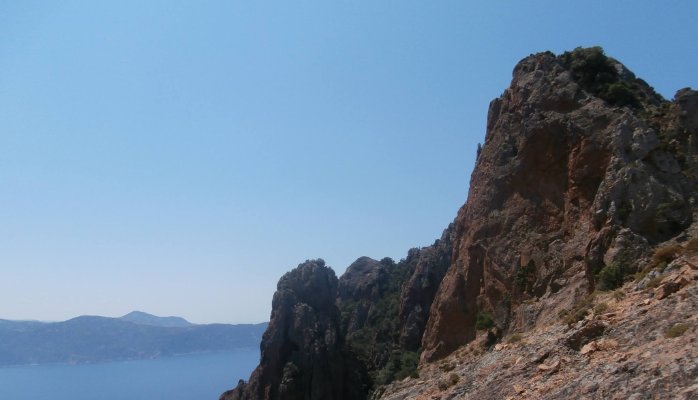
Join us on MedHack http://www.medhackathon.eu/ and join us with building system supporting active tourism. As part of SDI4Apps Smart Tourist Data activities https://sdi4apps.eu/project-information/pilot-applications/pilot-2-open-smart-tourist-data/ we are developing RDF database https://sdi4apps.eu/spoi/. We offer now also Open API for collection of voluntary information https://sdi4apps.eu/2016/04/opensensorsnetwork-pilot-senslog-api-version-1-0-is-open/ . We prepare also libraries supporting easy search and analysis of data https://sdi4apps.eu/2016/04/s4a-js-1-0-simple-solutions-to-well-known-problems/ . We would like invite all Regionals development agencies, travel agencies, developers and creative designers to come and try to help to build set of Apps and solutions supporting active and sustainable tourism.
Tourism represents very old activity that is connected mainly with spending of free and leisure time. The first forms of tourism began in ancient Greek and Rome in connection with sport event (Olympic games) or religious places and events. The next progress of tourism was mentioned during times of Renaissance (visits of social events) and later (first visits of spas). The rapid growth of tourism and tourist industry in the 20th century is related to changes in social structure of society and rights of labours. They contributed to the introduction (in developed countries) of weekends, eight-hours working days and holiday, that strongly support tourism activities.
Active tourism (as the contrary of passive tourism) is a special way to spend leisure time. It is a new life philosophy that combines adventure, sports, experience, discovering, events, relations to nature, history, culture, habits or traditions. Active tourism is rapidly growing in popularity due to unusual experience, that are totally different from the typical in sea resorts. Elements of active tourism (such as excursions or offer of sport activities) are added to the traditional form of tourism. The new forms of tourism cover for example sport activities (e.g. rafting), nature tourism (e.g. trekking or hiking), rural tourism, congress tourism, adventure tourism (e.g. rock climbing) or experience tourism (e.g. mountaineering expeditions).
Another shift of paradigm of tourist industry was mentioned in connection with collecting, sharing, spreading and propagation of information. Previous forms (personal recommendations, printed catalogues, reservation letters or phone calls) are in remission and they are replaced by electronic forms. But electronic forms are changing also. They are moving from centralized databases and big global providers to more personalized information created by local subjects of tourist industry. The main objective of this project is to support these local or regional subjects and their information management, because we believe that combination of local and global information and systems represents the best added value for all participant of tourist industry. Data and information represents the keyword of current society as well as contemporary tourism and tourist industry. Both main subjects of tourist industry (participants and providers) deal with data and information and need them mainly for communication in each group and also between both groups of tourism subjects. Data and information mean a huge number of various items related to selection of destination or offer of services of tourist industry. Data and information do not mean just spatial data sets, maps, web cameras, handouts or catalogues, but also personal information such as recommendations, comments on social media channels, published private photos or stories.



